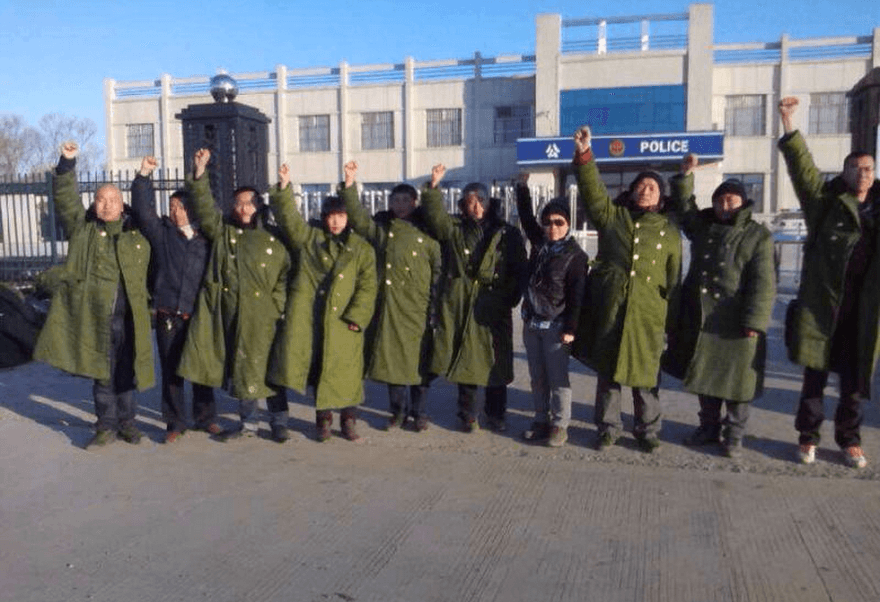An extralegal detention center in China was shut down on April 28 after it drew national and international attention for detaining practitioners of Falun Gong and, then, a number of human rights lawyers who traveled there in an attempt to rescue those practitioners.
“The Qinglongshan brainwashing center was dissolved today! All the illegally detained people there have gone home!” said a note that was shared by Chinese lawyer Liu Jinbin, and posted on Weibo, a Twitter-like platform in China.
“We’ve sacrificed a lot, especially the just lawyers and family members from different places. This will become part of the annals of history!” the post, written by an Internet user @mianma, who was informed of the closure by released prisoners, was spread widely online, including by a number of human rights lawyers involved in the struggle.
The apparent closure of the facility follows months of effort by activists and civil rights lawyers from around China, who wrote letters and traveled there, in some cases camping out overnight and hunger striking in protest.
Liu Jinbin added, however, that while the facility was shut down, seven people were still detained elsewhere. The identity of those seven was not immediately clear.
What Liu called the Qinglongshan brainwashing center was formally called a “Legal Education Base,” operated by the Jiansanjiang Land Cultivation General Office and local public security officials, in the province of Heilongjiang, which borders Russia.
In general, extralegal facilities of this sort are called black jails. This facility was specifically established for detaining practitioners of Falun Gong, a traditional spiritual practice, and forcing them to give up their faith, often times through physical and mental torture. The Chinese Communist Party began a brutal persecution of Falun Gong in 1999 that involved mass arbitrary incarceration and widespread torture.
As a result of their efforts to secure the release of three Falun Gong practitioners detained at the Jiansanjiang facility, seven more practitioners and family members, plus the four human rights lawyers were detained and beaten, they said in later interviews.
Internet users calculated that they had 24 broken bones in total after being beaten and tortured by police there: Tang Jitian reported 10 rib fractures, Jiang Tianyong 8 rib fractures, Wang Cheng 3, and Zhang Junjie 3 spine fractures.
The lawyers were sentenced to between 5 and 15 days of administrative detention by the Jiansanjiang Public Security Bureau on March 22 for “using heretical religions to harm society,” after they staged protests outside the black jail.
Their detention, in turn, resulted in dozens of other activists flocking to the center and camping out the front for up to 10 days agitating for their release. Police arrested at least 15 protesters.
The shutdown of the center, though not announced on any official websites, has excited many Internet users and activists.
“24 ribs were not broken in vain,” was one widely forwarded remark.




